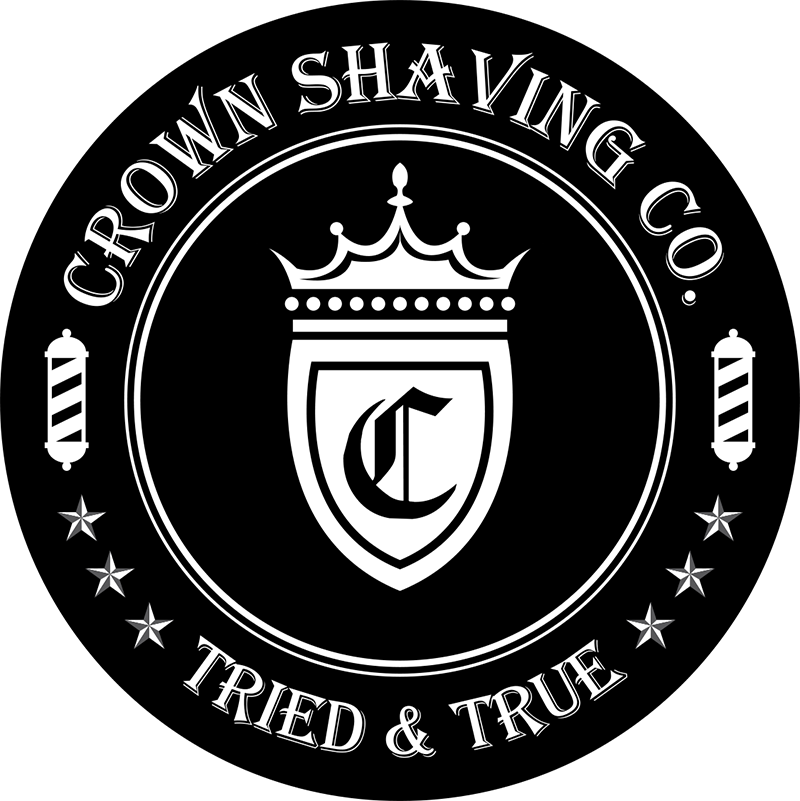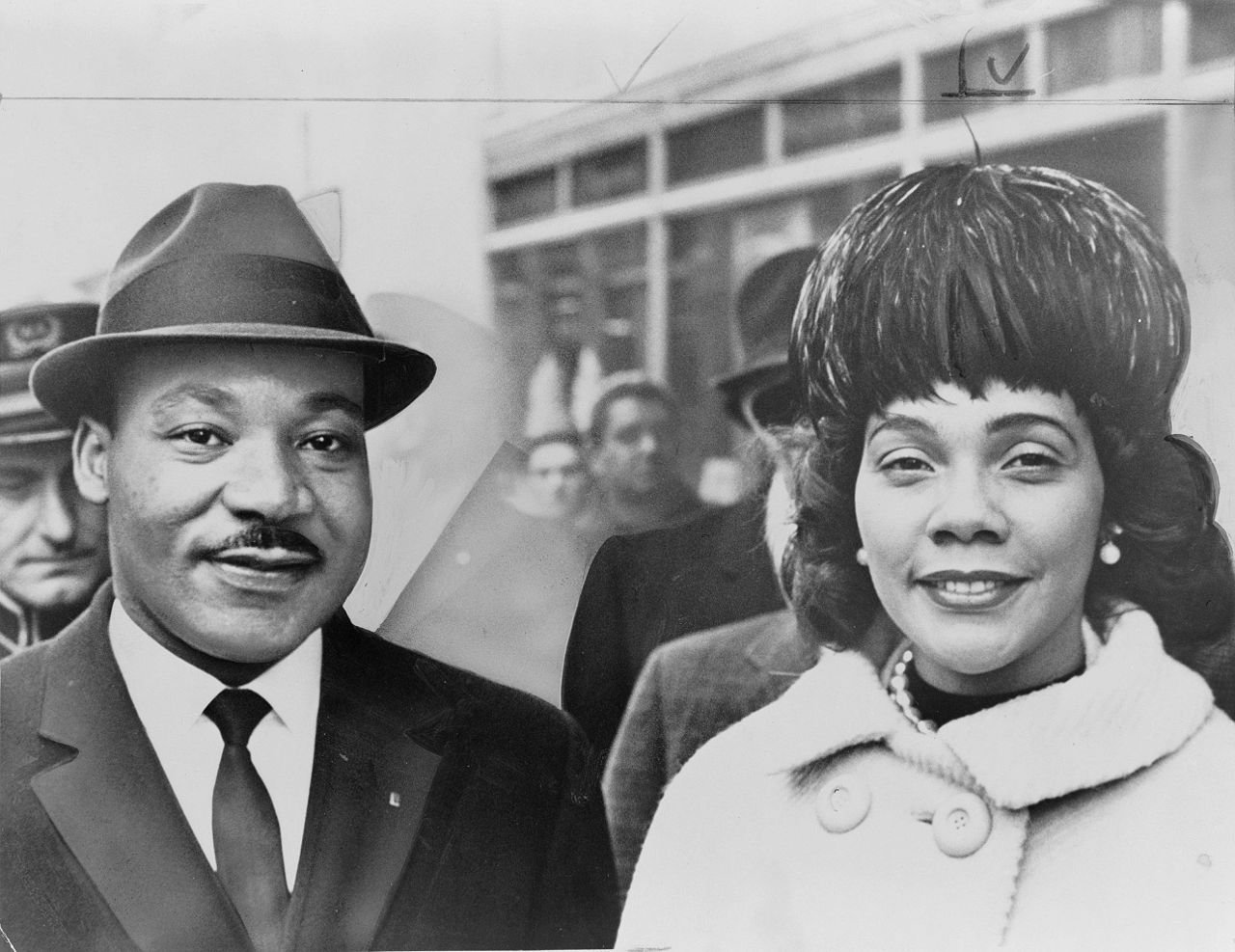Legends Of The Follicle: Remembering Martin Luther King Jr.
Pensive, punitive when he had to be, and ever cool in his demeanour, MLK’s perfect hybrid of a pencil-meets- moustache may not have defined his legacy like his presentations did, but you’ve to admit he just wouldn’t have been the same without the thing.
Photo: Yoichi Yokamoto | Wikimedia Commons (circa 1966)
Tomorrow, the world will once again recognize a man who had the balls of a bull, Martin Luther King Jr.
You all know “MLK” as a consummate champion of America’s Civil Rights movement, and while 54 years have passed since he left, the indelible mark he made on human life is still the stuff of locker room chats, streaming specials, online forums (for better or worse), and anywhere else where free souls still speak of what once was.
MLK and his wife, Coretta Scott King.
Photo: Herman Miller / New York World-Telegram & Sun | Wikimedia Commons (circa 1964)
Anyone clued up to history’s biggest events knows the man’s “I have a dream” speech is maybe one of the most important displays by an orator ever.
But did you guys know that Dr. King Jr. couldn’t help but keep a perfect moustache? And not just that, according to this jewel of a story published four years ago by Alabama Public Radio (and penned by Pat Duggins), the man prioritized the look of his upper lip over that of his head.
“He was always more concerned with his moustache than his haircut. He always liked his moustache to be up off the lip, like a butterfly. He would tell me, ‘Make it like a butterfly this time.’”
Those were the words of a then 84-year-old Mr. Nelson Malden, legendary Alabaman entrepreneur, and to this day, the man known as Martin Luther King Jr.’s barber.
According to that aforementioned article, it was in 1953 when Mr. Malden met Mr. King Jr., a moment that would forge a friendship that bears fruit to this day.
And make no mistake, all research leads to the same fact: MLK confided in his barber with his deepest convictions, and maybe even his “dreams,” too.
And, perhaps unbeknownst to Malden at the time, that barber-client connection would later grant him a pulpit of importance, one over which he’d relay the wisest (and the worst, most human) thoughts to a world that came from a man bent on changing it for the better.
Not many Americans can claim first-hand experience with something as big as the Civil Rights movement, yet Mr. Malden saw it transpire from right inside his own establishment, the Malden Brothers Barbershop. The place still lives on the first floor of a four-story lodge called the Ben Moore Hotel, an institution whose name lives immortally in the state of Alabama. Example: If you’ve ever heard of the famous “Montgomery Bus Boycott,” you’ll know it was co-organized by MLK in response to an Alabaman named Rosa Parks getting jailed for rejecting a white dude’s request for her seat.
Don’t stop at that APR piece, though, not when there’s an excellent book called The Colored Waiting Room: Empowering the Original and the New Civil Rights Movements, written by revered activist, speaker, and youth advocate, Andrew Shird, and co-authored by none other than Malden himself.
We’ve always said that good barbers from back in the day did double duty as haircutter and minor surgeon, and good barbers today do double duty as a haircutter and a therapist. We even published a fiction on that sacred connection, and we hope new readers will enjoy it.
Not every barber lives this way, and that’s fine, but the ones who do know it’s not just about the haircut, but about the shaking of two hands. When you look beyond what a good barber does on paper, you’ll find a someone who’ll listen.
Someone who’ll listen.
And sometimes, when you luck out and find a great barber, you never know—you might’ve just found a good friend, too.


